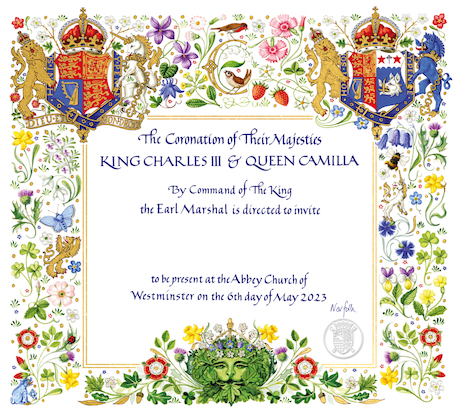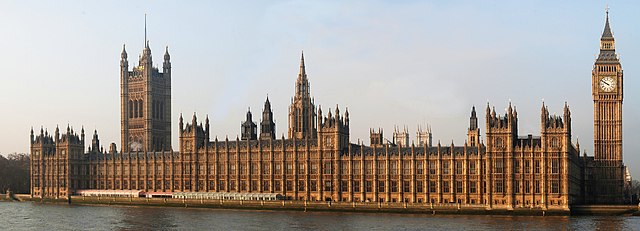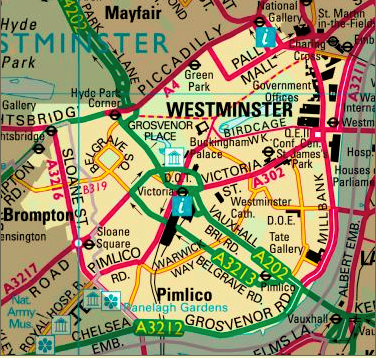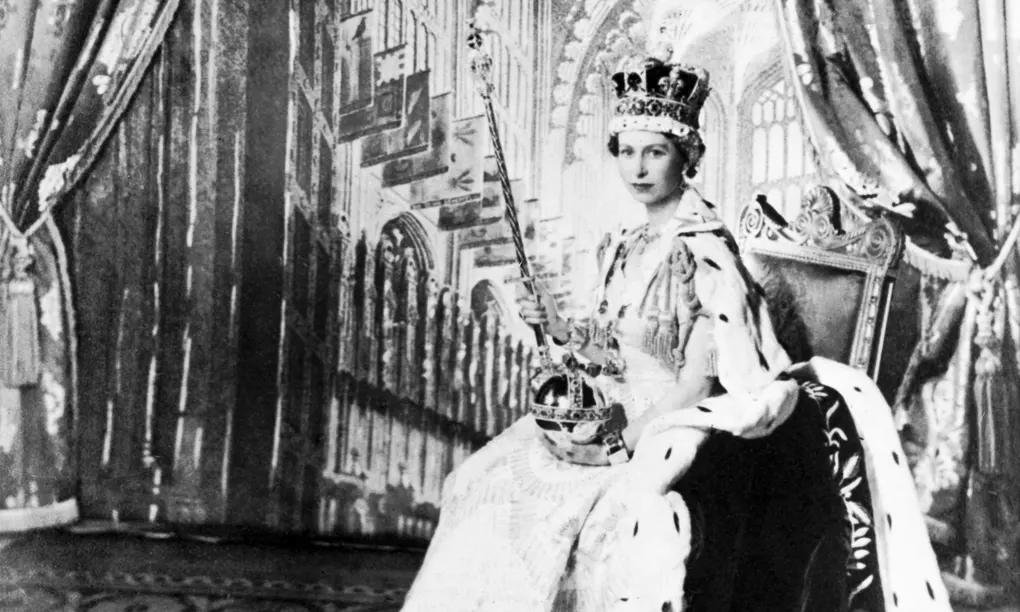these Trevelyans & Gladstones
From The Observer (via The Guardian website), a report that members of the Gladstone family – that is, descendants of Sir John Gladstone – will travel in the next days to Guyana to apologize for their historical involvement in slavery in the region and, presumably, offer some reparations. The Guardian wouldn’t of course be The Guardian if it didn’t immediately shift the focus from Sir John to his son, William (UK Prime Minister on no less than four occasions in the last half of the 19th century), and thereby to the UK government – Liberal, Tory what’s the difference? – and the Royal Family but of course! Fair enough, on their (that is, The Guardian’s) part – though so bleedin’ obvious.
In his earlier parliamentary years, the younger Gladstone appears not to have been critical of the plantation and slave system in the Caribbean nor his family’s involvement, and, whilst he accepted the 1833 Abolition of Slavery Act, he did so only on the proviso of a gradual emancipation (in their best interest, of course! – a viewpoint more than just paternalistic, rather coming from a place we would recognize as based on racist assumptions) and the adequate compensation of slave owners (of which his father became a prominent beneficiary). Later, as Prime Minister, his record is more mixed – on one hand he seems to have ’emancipated himself’ from his father by supporting international trade reforms that prioritized anti-slave companies, on the other, during the American Civil War, his support of the Union effort was tepid (he presumably thought the Confederacy would win). When it’s all said and done though, it would be fair to conclude that William Gladstone had more moral character than his father.
That, a digression, off the top of my head and with a quick – very quick – internet search; not terribly satisfactory but to continue I would need to do a more thorough research into the political history of the UK during this period and, more specifically, the anti-slavery movement and its consequences for the greater politic. I will say though that I find it commendable that there is a generation living now, and beyond academia, taking familial baggage upon themselves. Whose to say – and I can not presume to, only to wonder out loud – where self-interest in terms of reputation and the psychological burden of history – the sins of the fathers – ends and genuine moral atonement begins. And it is not just the Gladstones: of course the Windsors and all its preceding and related nomenclatures (the King has stated his support of a review into the Crown’s responsibilities); the Harewood/Lascelles (an unusual making good described here); The Guardian ‘family’; but, also, for instance, the Trevelyan family with whom I have found myself spending time of late.
Earlier this year, members of the Trevelyan family traveled to Grenada to apologize for its historic ownership of slaves and for the compensation it received in the wake of the abolition of slavery. One of those was the former BBC journalist, Laura Trevelyan, and her report on the event can be read here. Presumably their family’s involvement in the dark side of colonialism, is all very new to its members, and only came to light when two of them (John Dower and Humphrey Trevelyan) were trawling a database. What information it was, and from whom, instigated the family’s investigation after all this time is not divulged, but one can presume it was externally motivated. Certainly, it is only relatively recently that academia – and a new generation of academics – have forced the issue in a big way. (And the media has played its part – something like this, for instance, which makes mention of the stately home gifted to the National Trust by C.P Trevelyan.) And, I don’t suppose it matters. But ignorance does matter. Granted, no PM in their tree like in the Gladstone’s, but a Trevelyan did ‘kind of’ invent the modern civil service of the nineteenth century, and they are an extraordinarily storied British family. Seriously, why, given the privileges many of them still have to this day, did so few in the family previously have much of an interest in their forebears? Well, perhaps not, but … In her introduction to a book she wrote about her family in 2006, titled A Very British Family, at least Laura Trevelyan outs herself in genealogical ignorance and moves to rectify this. But, it should be said, she must not have delved too deep. I have only browsed her book (I would warrant, knowing what she knows now, she may like it to disappear), but from what I can see, slavery comes to the fore only in the positive context of abolitionism and the Clapham Sect. And, more broadly, colonialism gets somewhat of a pass. (Diverging, nor does she seem to have come across Gertrude, but then Trevelyan’s focus was on her immediate family.)
Having started with the Gladstones, I will end with them in union with the Trevelyans in the latter half of the 19th century. Sir George Otto Trevelyan (the father of C.P, R.C. & G.M), though a generation or so younger, was in fact a constant in William Gladstone’s government(s) throughout much of his long period(s) in office, but was not born at the time the young parliamentarian Gladstone argued as an apologist for his father and other plantation and slave owners (the Trevelyan family, for instance) and their right to compensation in the wake of abolition. Two men bound politically, but also bound by their respective family interests. It reminds one how very resilient family loyalties are – whether emotional or mercenary or both – and how very often they trump reason and seek to mitigate great injustices. One could say nobody should have to pay for the sins of the fathers, but those very bonds, and the acceptance of them, suggests otherwise – inheritance can not be selective, it’s all or nothing.






